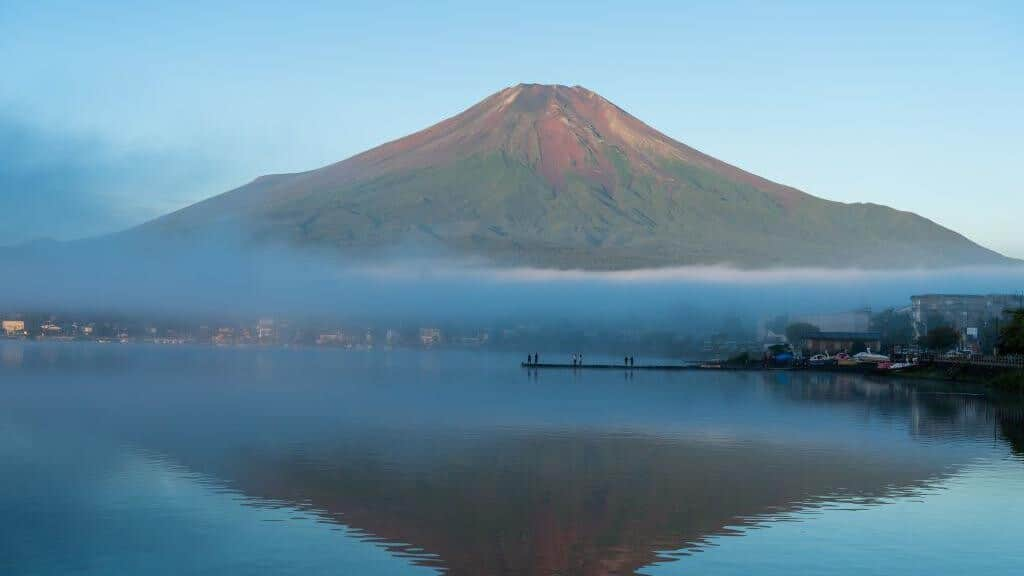
Mount Fuji experiences longest snowless period recorded in history
What's the story
Japan's Mount Fuji, the country's highest peak and a national symbol, has stayed without its iconic snowcap till Tuesday.
This is the latest date without snow since records began 130 years ago in 1894.
According to the Japan Meteorological Agency, the mountain usually starts forming a snowcap around October 2.
However, this year has witnessed no signs of snowfall due to unusually warm weather.
Climate impact
Delayed snowfall on Mount Fuji raises climate concerns
Yutaka Katsuta, a forecaster at Kofu Local Meteorological Office, confirmed that this is the latest date without snow since records began.
The previous record was October 26, recorded in 1955 and 2016.
Katsuta explained that "temperatures were high this summer, and these high temperatures continued into September, deterring cold air" necessary for snowfall.
He suggested climate change might be influencing the snowcap's delay on Mount Fuji.
Heatwave effect
Japan's summer heat and its impact on Mount Fuji
Japan recorded its joint hottest summer on record this year, matching the extreme heat levels of 2023.
This has raised concerns about the impact of climate change on the country's iconic landmarks like Mount Fuji.
The mountain is typically snow-capped for most of the year, drawing over 220,000 visitors during the July-September hiking season who scale its slopes to see sunrise from its 3,776-meter summit.
Tourism decline
Mount Fuji's visitor numbers drop amid overtourism concerns
This year, however, witnessed a drop in the number of climbers owing to new entry fees and a daily cap on visitors. The measures were introduced by Japanese authorities to fight overtourism.
The mountain has been the subject of many artworks, including Hokusai's famous "Great Wave."
Mount Fuji last erupted around 300 years ago.